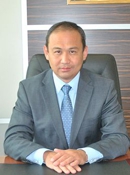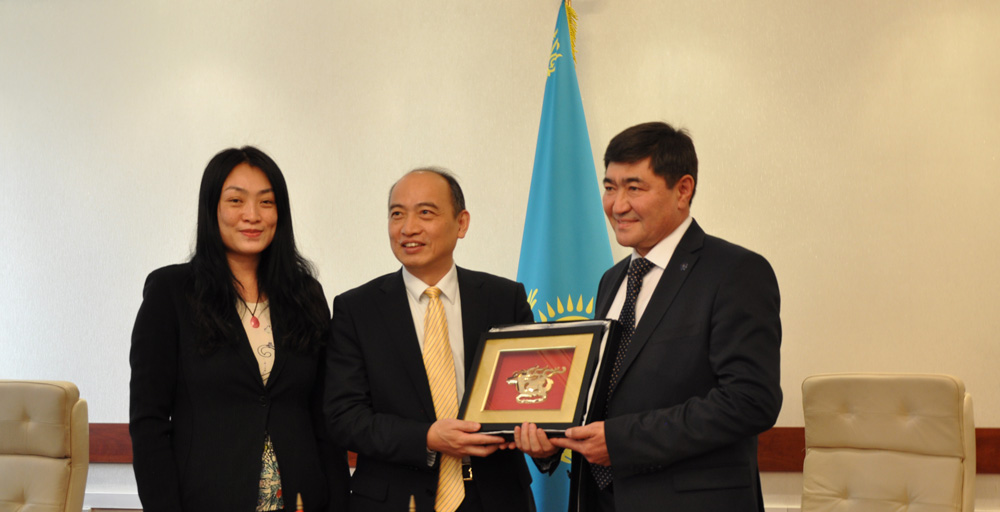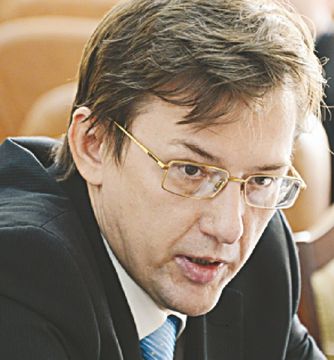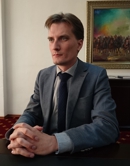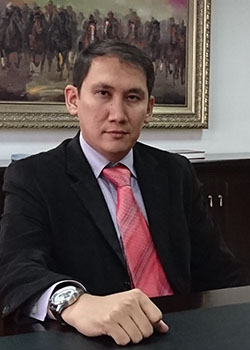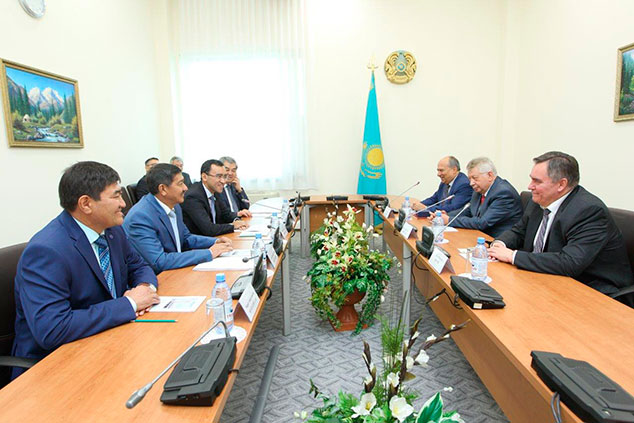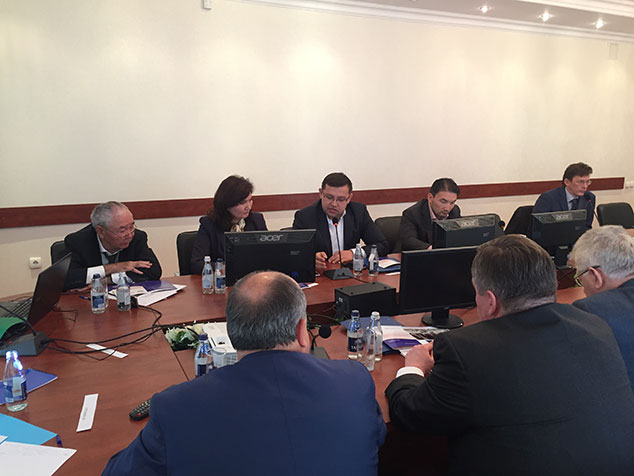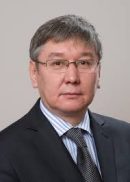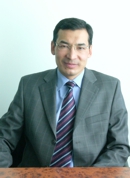The change of the direction of the economic policy to a search of solutions for achieving sustainable growth had a significant impact on the understanding of the importance of the role of a country’s industrial development level. Despite the difference of opinions on the necessity of formalization of industrial policy, lately all countries implement it one way or another. The crisis of 2007-2009 and its consequences have changed the dominant paradigm of building a “post-industrial” society, and so society returned to an understanding that developed manufacturing sector is necessary for sustainable development. Programs of re-industrialization of the United States, the dominant position of Germany and the Benelux countries in the EU, each with their own developed industrial complexes, the rapid growth of the newly industrialized countries, the successes of South Korea, Taiwan and Finland in the transition into the category of developed countries – all these examples demonstrate the importance of manufacturing industry as the main component that adds sustainability to the development.
